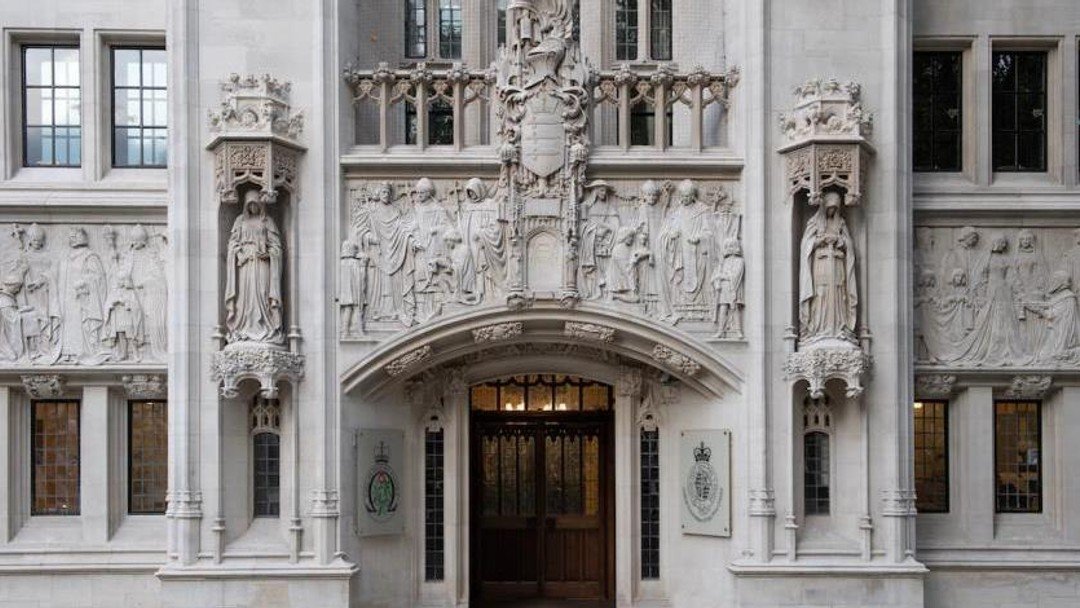Examining protestors rights: the retreat from Ziegler

Simon Parsons explores the balance between protest freedoms and criminal convictions.
DPP v Ziegler and others [2021] UKSC 23 concerned an international arms fair. The appellants were opposed to the arms trade. They disrupted the fair by blocking a road and using lock boxes. The police arrested the appellants. They were charged with obstructing the highway, contrary to section 137 of Highways Act 1980. At trial they were acquitted because they had ‘lawful authority or excuse’ defence contained in that section. The Director for Public Prosecutions appealed by way of case stated to the Divisional Court which overturned the acquittals. The appellants then appealed to the Supreme Court.
The Supreme Court allowed the appeal by a majority. The appellants’ convictions were quashed. The Supreme Court’s judgment provides that to convict under section 137, the prosecution must prove to the criminal standard that: a) there was an obstruction of free passage of the highway, b) there was a wilful obstruction, c) the obstruction was without lawful authority or excuse, and d) if raised by the defence, that the interference (caused by the convictions) with the protestors’ Convention freedoms Article 10 (freedom of expression) and 11 (freedom of assembly) rights was proportionate.
To convict the finder of fact must be sure that the interference with the freedoms was necessary -would a conviction be a proportionate balance between the protestors’ freedoms and the rights of others. The reasons for the protest must be ‘very important issues’ which means the merits of the protest can be considered in the proportionality balance. The judgment can be viewed as supportive of protest rights as it gives protestors wider protection.
However in a retreat from Ziegler by the Supreme Court itself In re Abortion Services (Safe Access Zones) (Northern Ireland) Bill [2022] UKSC 32 where Lord Reed PSC states that ‘…many commonly encountered criminal offences, such as offences of violence, and offences concerned with damage to property, are likely to be defined in such a way as to make an assessment of proportionality unnecessary, either because the conduct in question falls outside the scope of protection under the Convention or because proportionality is inherent in the ingredients of the offence’ (at [55]).
In Attorney General's Reference (No 1 of 2022) [2022] EWCA Crim 1259 four defendants charged with criminal damage for toppling the statue of the slaver, Edward Colston, in Bristol were found not guilty by a jury. The defendants had asserted that a conviction would be disproportionate, having regard to their articles 10 and 11 freedoms as balanced against the property rights of the people of Bristol.
The judge (following Ziegler) allowed this defence to go to the jury. The issue for the Court of Appeal was the extent to which the ‘Convention Rights’ in UK law sanction the use of violence against property during protest, thereby giving a lawful excuse for causing damage to property which would otherwise be the offence of criminal damage.
The court stated that prosecution and conviction for causing significant damage to property during protest would fall outside the protection of the Convention, either because the conduct in question was violent or not peaceful or, if peaceful, prosecution and conviction would clearly be proportionate. Thus, scrawling a message on a pavement using water soluble paint might technically be criminal damage but to convict for doing so as part of a political protest might well be a disproportionate response. For anything more, a conviction might be proportionate but violently pulling down a statue is always outside the protection of the Convention.
The court referred to the Strasbourg jurisprudence which supports this assertion and nothing in Ziegler prevents it. The court concluded that the Convention does not provide protection to those who cause criminal damage during protest which is violent. Articles 10 and 11 are not engaged in those circumstances.
The second case to consider is Director of Public Prosecutions v Eastburn [2023] EWHC 1063 (Admin). The facts are that the defendant sat down in Parliament Street, which is adjacent to Parliament Square, where protests by Extinction Rebellion were taking place. The police concluded this was unlawful as a condition had been made under s14(5) Public Order Act 1986 that the protest had to be confined to Parliament Square to prevent serious disruption to the life of the community. She was charged with breaking the condition and was acquitted in the magistrates’ court and the DPP appealed against that decision by way of case stated.
The appeal was allowed as the Divisional Court concluded that proof of the ingredients of the s 14 (5) offence ensured the compatibility of a conviction with a defendant’s freedoms under articles 10 & 11 and there is no requirement for the prosecution to prove that any interference with those rights must be proportionate. If the condition is unlawful then an acquittal will follow. The Divisional Court concluded that District Judge (who followed Ziegler) was wrong to make a proportionality judgement when reaching the verdict as this exercise should have taken place when sentencing. The question to ask is how does proportionality become inherent in the ingredients of the offence?
The answer is that parliament decides this in the case of primary legislation or, in the case of offences created by delegated legislation or devolved legislation, the government or the devolved legislatures or executives. Presumably in section 137 of Highways Act 1980 Parliament had not decided that the offence was proportionate response to the wrongdoing so the rule in Ziegler still applies to such offences, but it is submitted that the two cases above give a clear steer to first instance courts that these offences are very rare indeed. These decisions are serious curtailments on the right to protest.
Simon Parsons is an associate lecturer at Bath Spa University and a (non-practicing) solicitor
